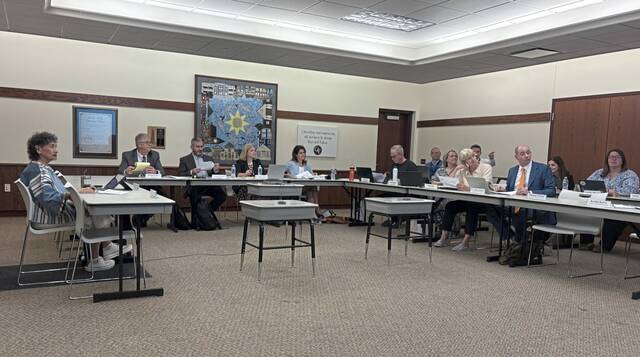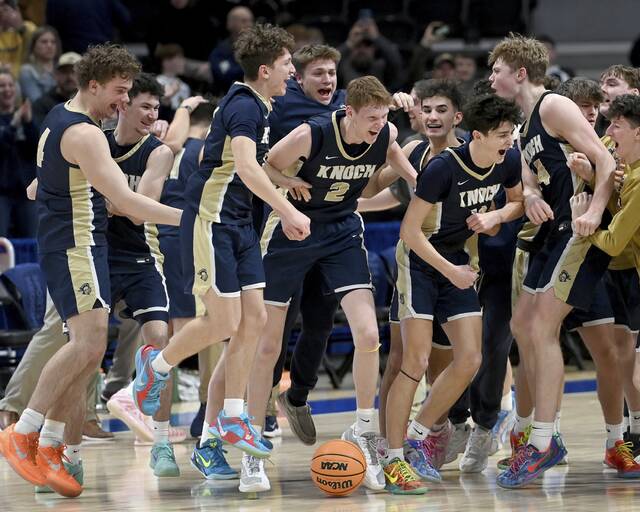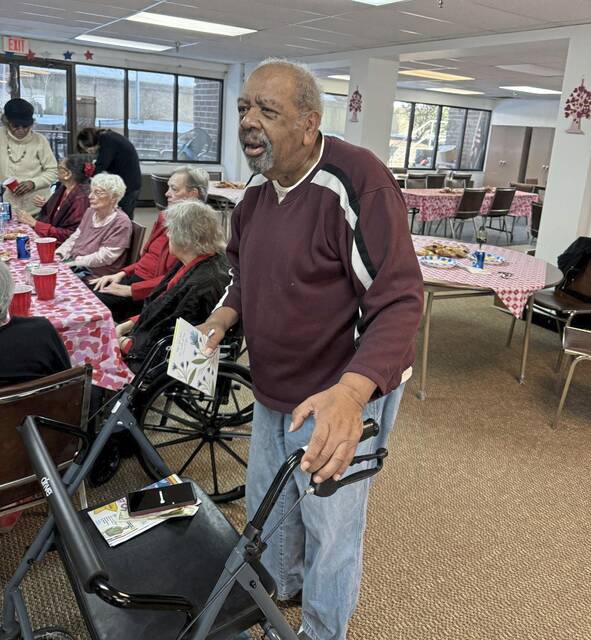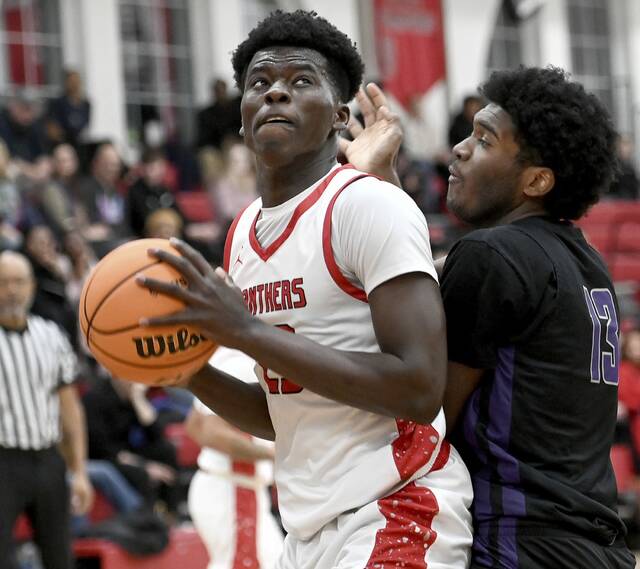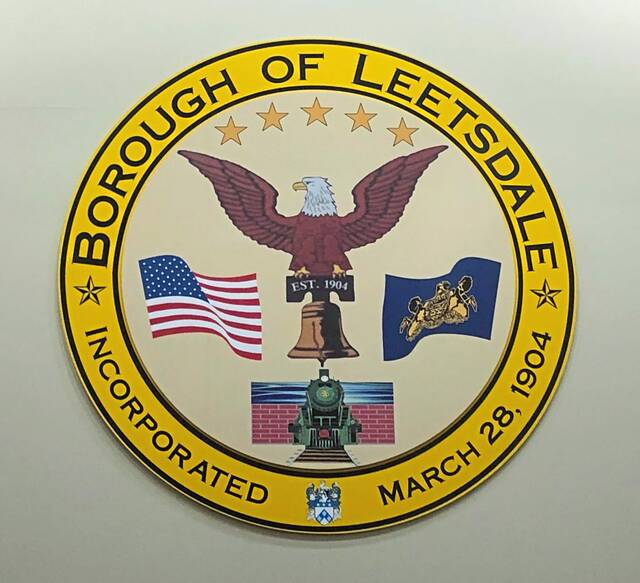Quaker Valley School District property owners will pay 3.9% more in real estate taxes next school year.
The school board voted 7-0 to pass the 2025-26 budget on May 19. Board members Gianni Floro and Jessica Webster were absent. School Director Stratton Nash participated via phone.
The budget is available for review on the district’s website and at the administrative office.
The tax increase raises the millage rate from 21.2362 mills to 22.075 mills, a 0.8388-mill jump.
There are no program cuts or teacher furloughs in the budget.
An owner of a property with an assessed value of $200,000 would see their tax bill go from about $4,247 a year to $4,414, up nearly $168, according to District Business Manager Brooke Baker.
Projected revenues are listed at about $62.23 million while expected expenses are listed at about $63 million, leaving an estimated $770,000 shortfall.
The district plans to pull from its reserves to close the financial gap.
The district’s tax hike limit was 4% under the state’s Act 1 index — a formula based on the inflation rate that limits property tax hikes without requiring voters’ approval.
Projected income includes about $41.5 million in real estate taxes, $10.6 million in state revenues, $6.3 million in Act 511 taxes (including earned income tax), $965,000 in earnings on investments and $494,000 from federal sources.
Federal funding makes up less than 1% of the district’s total budget.
Projected spending includes about $32.5 million for instruction, including regular and special education; $19.8 million for support services, including pupil health, transportation, operation and maintenance; $6.47 million for debt service and $2.1 million on student activities and community services.
Baker was not at the May 19 meeting. However, she delivered a rundown of the budget and other related financial information via video presentation the week prior.
The presentation was posted on the district’s YouTube page. There is also a link to it under the “presentations” section of the district website’s school board tab.
She said the district lost about $13.3 million in assessed property value and saw a decrease in growth of 0.66%, lowering previous revenue projections.
“While the district did anticipate a decrease (in property values), we did not anticipate negative growth,” Baker said. “Because of this significant decline, we had no choice but to raise the millage rate to help bridge the resulting revenue gap. This remains one of the biggest challenges as the decrease continues to impact our real estate revenue.
“Unfortunately, this lower baseline will also impact future years.”
The district averaged a 1.09% growth rate over the past 10 years.
Salaries and benefits make up about 67% of budgetary spending. Pension contributions make up about 14% of the total budget, according to the presentation.
The district raised property taxes by 2.9% as part of this school year’s budget.
Superintendent Tammy Andreyko said budget crafting was a total team effort with administrators, department heads and board members going over everything to balance student resources with fiscal responsibility.
“We’re always looking for efficiencies in our programming,” Andreyko said. “We’re not cutting a subject area or any courses. We’ll look at our class sizes and always exercise judgment when we have a retirement. We’ll look to see if we fill that position. We have not furloughed any teachers in this particular budget.”
Board President Jonathan Kuzma echoed those comments.
“I’m proud that we were able to work out a budget,” he said. “The administration was able to present a budget that the board considered that addresses the needs of the community, and does so in the most fiscally responsible manner that we possibly can.”
Geoff Barnes, finance committee chair and recently reelected board treasurer, said financial planning does not stop after a budget is passed.
“We’re just going to continue to apply hard work and intelligence and experience to figuring out how to face whatever economic conditions come our way in the best interest of students and the community,” Barnes said.


